When people talk about the Environment, we will think of Theodore Roosevelt, who pioneered the concept of national parks which are very broad and large in the American wilderness.
Once he is there also a green heroes like John Muir and Rachel Carson.
But the real winner long before the 20th century, and some of the most famous people in history and they are real lovers of the environment - they do not even realize it. Of the Genghis Khan of King Edward I of England, this 10 historical figures who have done much to preserve the planet, from lowering global temperatures, promoting animal rights and set aside land for conservation.
1. Gengis Khan (1162 - 1227)
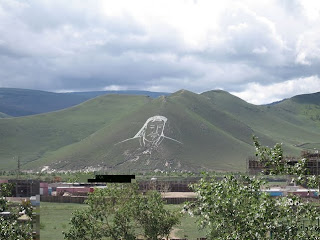
One of history's most famous ruler, Genghis Khan founded the Mongol Empire and, at the time of his death, had conquered everything from the Japan Sea to the Caspian Sea.
The Mongol nomads known as the agricultural community and do not mind killing the enemy even if a thousand people. As they swept across Asia, they destroy a population that is very, very wide and large. of farmland were destroyed, which returned to natural forests (we do not think genocide is the solution).
In a study by published in The Holocene, Julia Pongratz of the Carnegie Institution's Department of Global Ecology suggests that the scale of the forest area to be cooled back to this planet.
2. King Edward I (1239 - 1307)
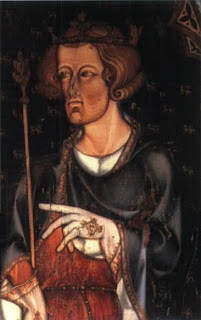
Edward I of England, called "Edward Longshanks," is known today as the king of evil where William Wallace fought for freedom in the film Braveheart. But in 1306, he was more concerned with coal from the oppression of Scotland.
Tired of the smoke produced by burning coal, he forbade the use of coal. He will give punishment that would make the coal industry now think twice, that torture or execution. Unfortunately, the harsh laws being ignored because they are too poor to buy the wood.
3. Richard Nixon (1913 - 1994)
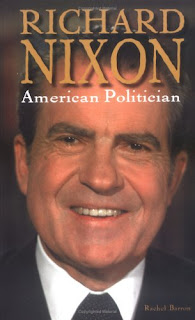
37th President of the United States is falling reputation as the war in Vietnam and the Watergate scandal, but the environment should give him another look. In 1970, he announced the creation of the Environmental Protection Agency.
In the same year, he also signed the Clean Air Act and laws of the National Environmental Policy, which sets the environmental impact statement as a prerequisite for any federal project.
4. Pythagoras (570 SM - 495 SM)
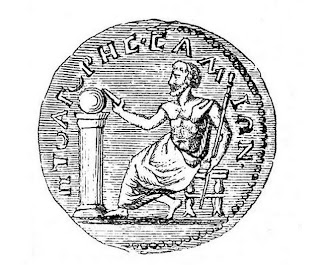
It is debatable whether the ancient Greek philosopher and mathematician was banning the use of all animal products, or if he was okay with the use of cattle for plowing.
On the other hand, he is recognized as a defender of animal rights and as a vegetarian.
School of Pythagoras, according to his teachings, see the animals have souls.
5. Martin Luther King, Jr. (1929 - 1968)
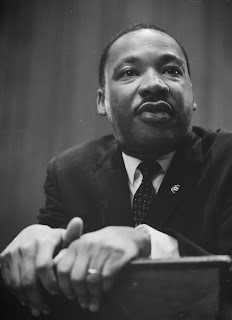
Martin Luther King, Jr. is closely related to the civil rights movement that he led in the 1950's and 60's. But many do not know that he is regarded as part of the environmental injustice of African American oppression.
In December 2010, Attorney General Eric Holder called the father of King of the environmental justice movement and urged everyone to think about the environment as a civil rights issue - because minority and low-income populations have the same right to be free of health hazards posed by the practice other people.
6. Ányos Jedlik (1800 - 1895)
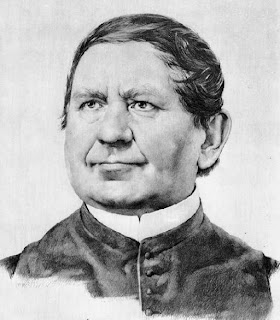
Anyos Jedlik not widely known, but his work is this: In 1827, Jedlik, he created the world's first electric motors. The following year, he put the device in the car models to demonstrate the conversion of electrical energy into mechanical energy. He does not foresee a short domination of the electric car or a rise in the 21st century.
7. Abraham Lincoln (1809 - 1865)
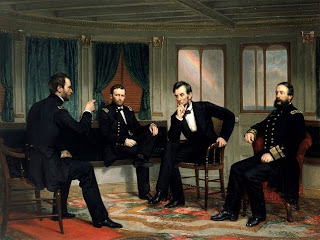
In addition to preserving the Union, ending slavery and establish Thanksgiving as a holiday, Abraham Lincoln created the U.S. Department of Agriculture and the National Academy of Sciences, and approved by the federal protection of the land that would become Yosemite National Park.
8. Mohandas Gandhi (1869 - 1948)
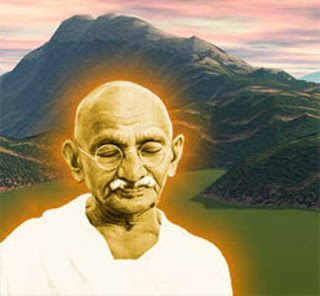
In addition he is fighting for independence from British India, Mohandas Gandhi also highlights issues of poverty, women's rights and labor rights. In the third campaign he talked about the environment, arguing that workers in urban factories suffer from shortness of breath due to poor air quality. He wrote in 1905:
Due to high land prices in urban areas, buildings are not large enough factories, tenements and labor is also very small, this resulted in deterioration of health ... A man can live without food for several days and live a day without water, but it is impossible to do without air even for a minute.
He also warned against industrialization, calling for people to live simply, and vegetarian.
9. Ted Kaczynski (1942 - )

Ted Kaczynski, better known as the Unabomber, representing the extremes, the modern environmental movement who are willing to use violence and murder for their cause. In 1971, a brilliant mathematician and paranoid schizophrenic who left a promising career at UC Berkeley to live in a remote Montana cabin.
One of the victims of the bombing campaign was Thomas J. Kaczynski mail Mosser, an executive at Burson-Marsteller, a public relations firm that helps clear the name of Exxon after the Exxon-Valdez oil spill. In 1995, he killed Gilbert Murray, president of the Timber Association of California, a lobbying group timber.
Kaczynski, who is serving a life sentence in prison without possibility of parole, is one of the examples of "eco-terrorists".
10. Thomas Jefferson (1743 - 1826)
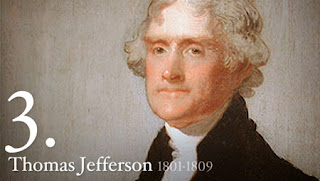
A nature lover, Jefferson envisioned a full American yeomen farmers. He once wrote: "We have to use a lot of the economy in our wood, never cutting down new."
However, as stated by Peter Ling in History Today, the practice of Jefferson at his Monticello plantation resulted in erosion, wind and rain and loss of soil nutrients. He was enthusiastic about importing foreign plant species, and its program to sell 160 acres of farmland in a square plot ignores the uniqueness of all the land west of the Mississippi.
Ling argues that Jefferson is innocent, he is not the guilty party, is because too much trust in human rationality and wisdom on the nature of work experience. Source








Post a Comment